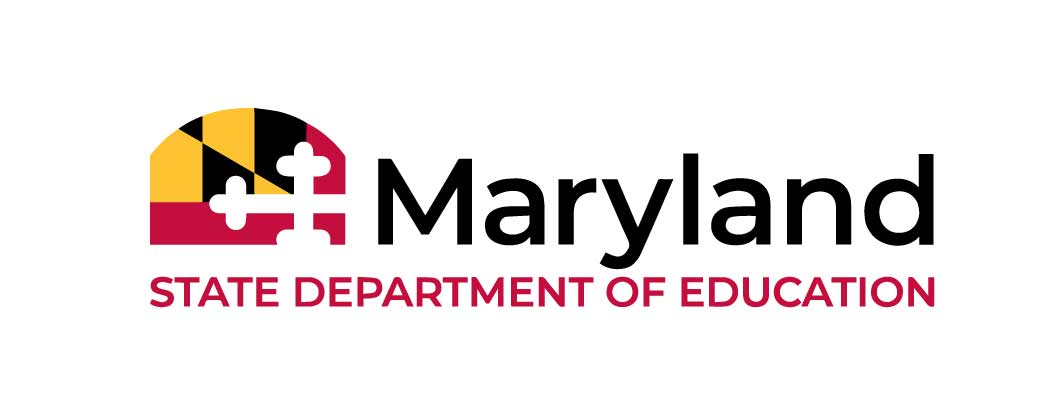Secondary Transition Toolkit: College Assessments

College Assessments help your students identify their learning styles, examine their study skills, and assess their college readiness. There is also an observation form that can be used with students in an education setting and a planning tool to keep track of the information gathered and compare different educational options.
We encourage you to use these assessments as well as transition assessments from other sources to gather and organize information on your students in order to prepare them for a seamless transition from school to adult life.
A Guide to Assessing College Readiness for Parents of College-Bound Children with Learning Disabilities or AD/HD
Author: Landmark College
A Guide to Assessing College Readiness has parents or students rate themselves on five “essential foundations” that are necessary for students with learning disabilities and ADHD to be successful in college: academic skills, self-understanding, self-advocacy, executive function, and motivation and confidence. This assessment uses a checklist format to identify student strengths and needs.
GRADE LEVEL: High School
COST: Free
TIME: 30 minutes
College Preparation Checklist
Author: Federal Student Aid Information Center – An office of the U.S. Department of Education
The College Prep Checklist is in a pamphlet format that contains multiple checklists. It is a to-do list to help students prepare academically and financially for education beyond high school. Checklists are included about financial aid and for college preparation by grade (elementary school to middle school and high school). There are checklists specific for the student and for parents as well as additional resources.
AGE BAND: All
COST: Free
TIME: 45 minutes
Study Habits Questionnaire
Author: South Dakota Public Schools
The Study Habits Questionnaire is a two-page assessment to help students identify their study habits. Students are given scenarios and asked how likely they would be to choose from several actions.
AGE BAND: 14-21
COST: Free
TIME: 10 minutes
Education Observation Form
Author: Maryland Coalition for Inclusive Education
The Education Observation form is a tool for educators to use to observe a student in an educational setting to assess a student’s independence and need for assistance.
AGE BAND: 14-21
COST: Free
TIME: 30-90 minutes
Education Goal/Program Matching Tool
Author: Maryland Coalition for Inclusive Education
The Education Goal/Program Matching Tool helps students to compare their wants, likor: es, and needs with up to three education program choices.
AGE BAND: 14-21
COST: Free
TIME: 30-60 minutes
Post Secondary Readiness Rubric
Author: New York State Education Department, Vocational and Educational Services for Individuals with Disabilities
This is a tool that students, parents, school counselors and teachers can use to help a student determine how he/she performs at some of the critical skills needed to succeed in a post-secondary setting (career school, community college, college, university). Areas assessed include: self-awareness, social skills, study skills, motivation, literacy, curriculum rigour, College admissions testing, preparation,documentation of disability and support needs, student knowledge of their place in a legal framework.
AGE BAND: 14-21
COST: Free
TIME: 30-60 minutes



